Polypropylene (PP): Properties, Derivatives, and Applications
Polypropylene (PP) is one of the most widely used and versatile thermoplastics in the world. Its combination of strength, durability, and adaptability makes it a cornerstone material across industries like packaging, automotive, construction, and healthcare.
In this article, we’ll explore the unique properties of polypropylene, its derivatives, and its extensive range of applications.
What is Polypropylene?
Polypropylene is a synthetic polymer derived from the polymerization of propylene monomers. It is known for being lightweight, resistant to chemicals, and highly durable. These qualities have made it indispensable in modern manufacturing and product development.
Key Properties of Polypropylene
- High Strength and Durability
Polypropylene is resilient and long-lasting, suitable for both everyday items and heavy-duty industrial applications. - Lightweight
Its low density makes it easy to transport and handle, reducing costs and improving efficiency. - Chemical Resistance
Polypropylene is highly resistant to acids, bases, and organic solvents, making it ideal for chemical processing and storage. - Recyclability
As a sustainable material, polypropylene can be recycled, contributing to eco-friendly practices across industries. - Moldability
Polypropylene can be easily molded into complex shapes, allowing for creative designs and efficient production.
Derivatives of Polypropylene
Polypropylene comes in various forms, each tailored for specific uses:
- Homopolymer Polypropylene
Known for its stiffness and tensile strength, homopolymer PP is widely used in packaging, textiles, and industrial applications. - Block Copolymer Polypropylene
Block copolymers have improved impact resistance, making them suitable for automotive and construction components. - Random Copolymer Polypropylene
With added clarity and flexibility, random copolymers are ideal for medical devices and food packaging. - Reinforced Polypropylene
Polypropylene reinforced with glass fibers offers superior strength and rigidity, used in heavy-duty industrial and automotive parts.
Applications of Polypropylene
Polypropylene’s versatility allows it to be used across various industries:
- Packaging
- Food containers, bottle caps, and industrial sacks.
- Lightweight and durable for safe transportation and storage.
- Automotive
- Dashboards, bumpers, and interior trims.
- Lightweight components that improve fuel efficiency.
- Healthcare
- Syringes, medical trays, and laboratory equipment.
- Safe, hygienic, and durable for medical applications.
- Construction
- Pipes, insulation, and geotextiles.
- Resistant to environmental stress and ideal for infrastructure projects.
- Consumer Goods
- Reusable containers, furniture, and home appliances.
- Offers a balance of durability and aesthetic appeal.
Why Choose Polypropylene?
Polypropylene’s combination of performance, affordability, and sustainability makes it an essential material in industries looking for high-quality, cost-effective solutions. Its ability to meet diverse needs while maintaining eco-friendliness ensures its relevance in today’s industrial landscape.

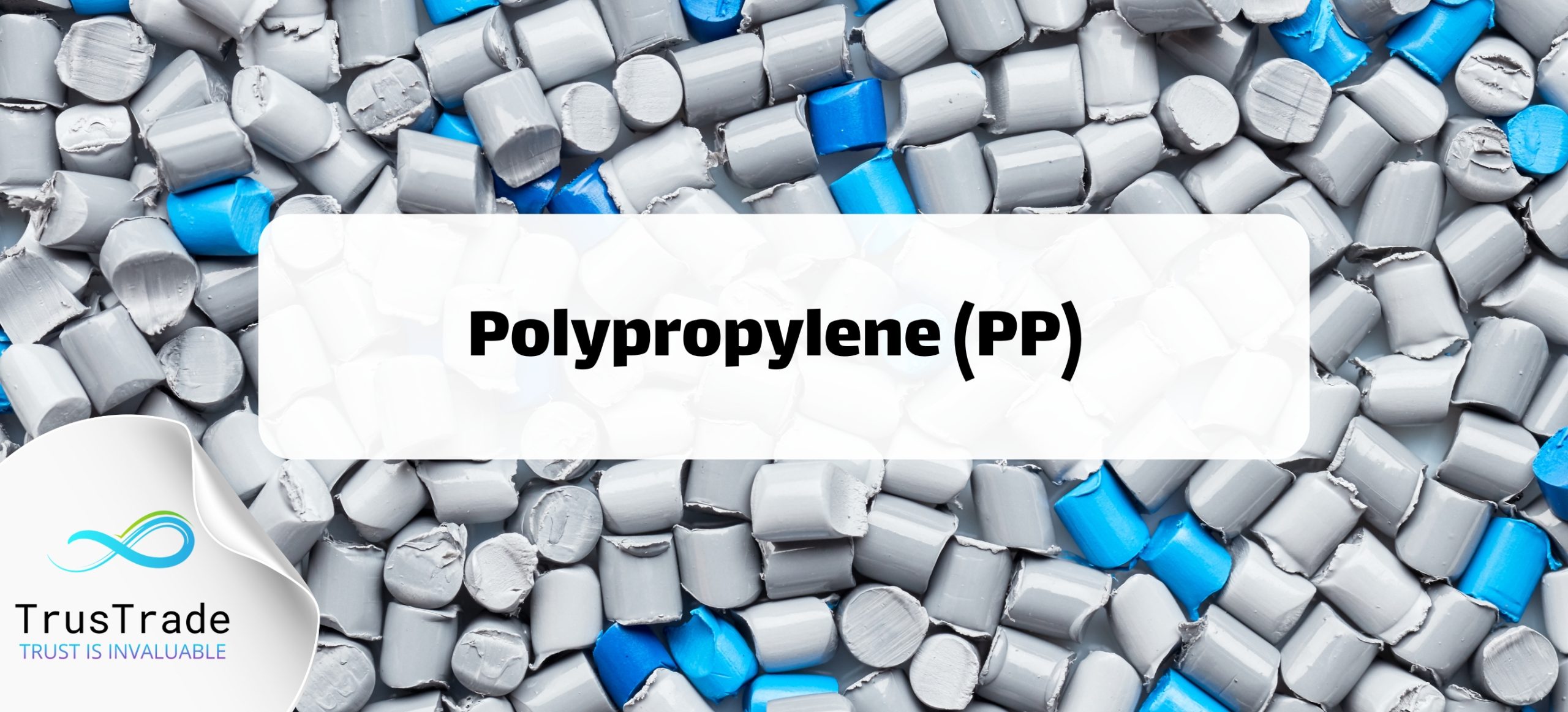
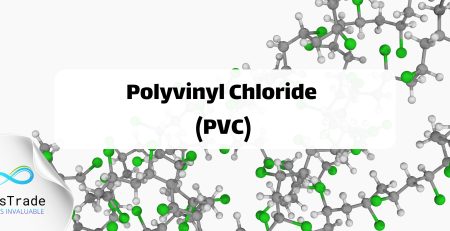
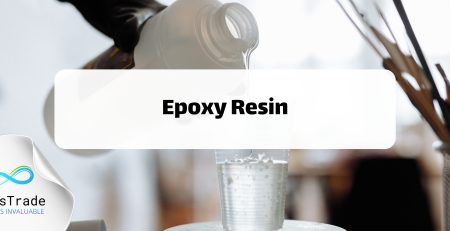

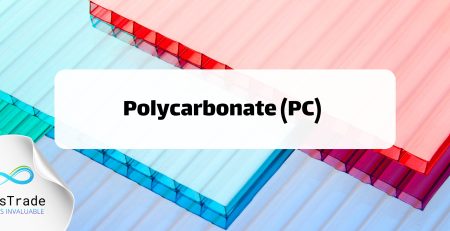

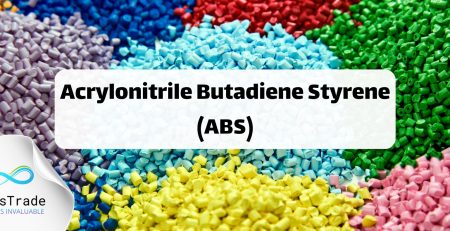
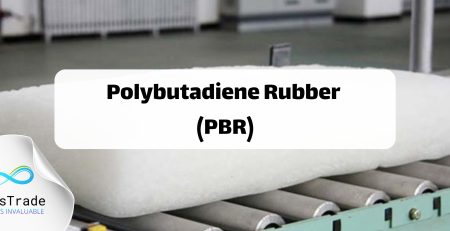

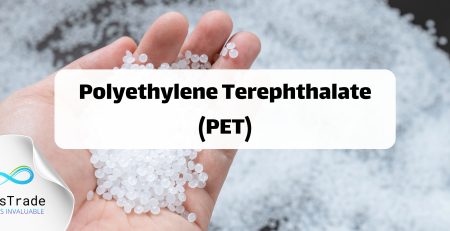
Leave a Reply